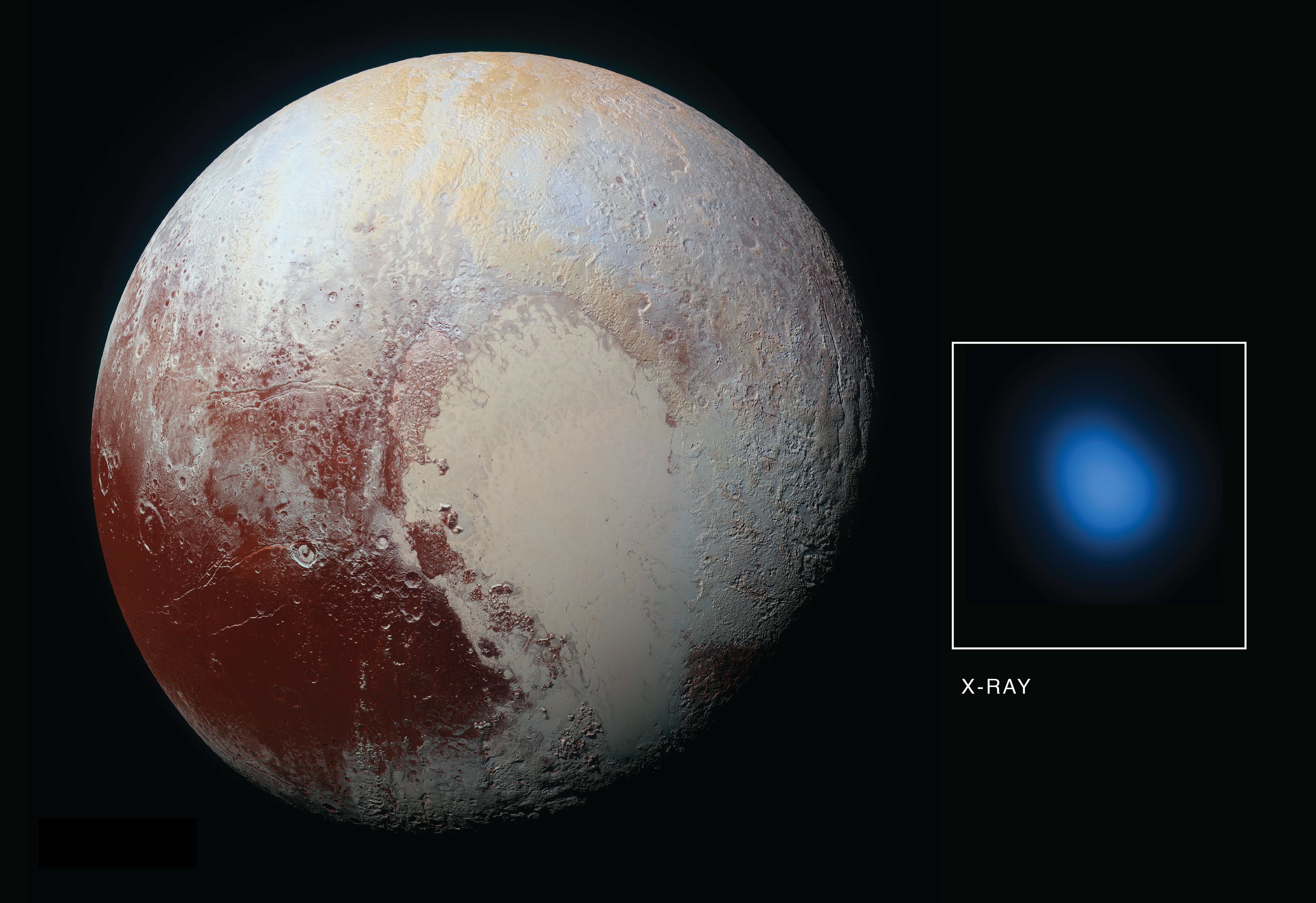10 Fun Facts About Pluto's Journey From Planet to Beloved Dwarf Planet
Pluto, once the ninth planet of our solar system, has undergone a remarkable cosmic transformation that has captivated astronomers and the public alike. Discovered in 1930 by American astronomer Clyde Tombaugh, Pluto was initially celebrated as the newest addition to our planetary family. Its distant orbit and icy composition made it a unique member of the solar system, sparking curiosity and wonder. However, as astronomical technology and understanding evolved, so too did our perception of Pluto. In 2006, the International Astronomical Union (IAU) reclassified Pluto as a "dwarf planet," a decision that stirred debate and emotion across the globe. This reclassification did not diminish Pluto's allure; instead, it enhanced its mystique, as scientists and enthusiasts alike sought to understand its true nature and significance. This article delves into Pluto's cosmic transformation, exploring 10 fascinating facts about its journey from a major planet to a beloved dwarf planet.
1. The Discovery of Pluto: A New Frontier

The discovery of Pluto marked a significant milestone in the field of astronomy. In the early 20th century, astronomers were on the hunt for a ninth planet, spurred by irregularities in the orbits of Uranus and Neptune that suggested the presence of another gravitational force. Clyde Tombaugh, a young astronomer working at the Lowell Observatory in Flagstaff, Arizona, took on the challenge. Using a technique called "blink comparison," Tombaugh meticulously compared photographic plates of the night sky, searching for any movement that would indicate a new celestial body. After months of painstaking work, he finally spotted a faint object moving against the backdrop of stars. This object, later named Pluto, was hailed as the ninth planet of our solar system. Pluto's discovery was a triumph of persistence and ingenuity. It was also a testament to the power of human curiosity and the desire to explore the unknown. The excitement surrounding Pluto's discovery was palpable, as it represented a new frontier in our understanding of the solar system. It was a moment that captured the imagination of the public and inspired a generation of astronomers to continue the search for new worlds. However, as we would later learn, Pluto's story was far from complete, and its discovery was just the beginning of a much larger cosmic journey.